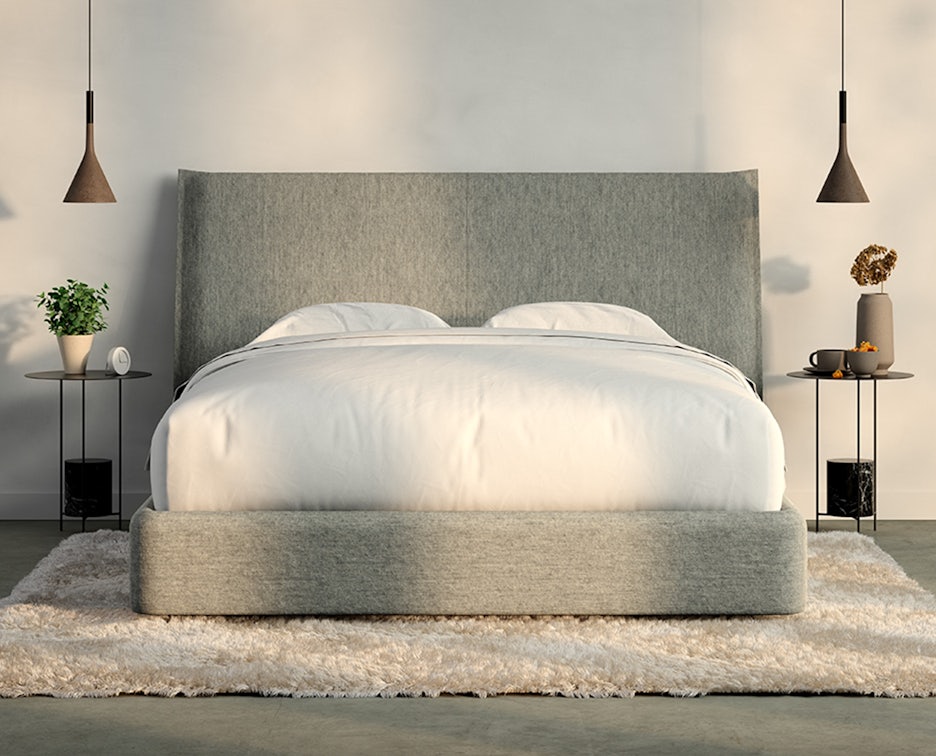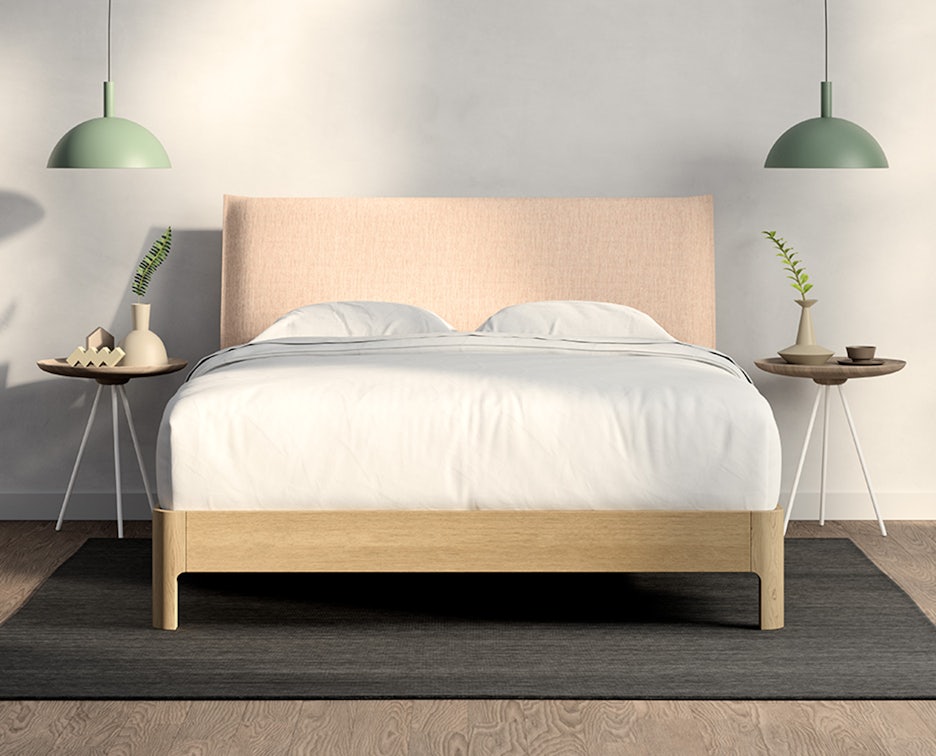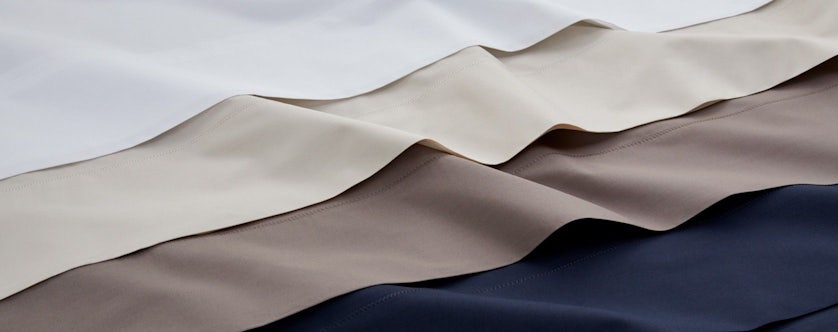
Sleeping Hot:
Everything You Need to Know
6/26/20 | Casper Editorial Team
There’s nothing quite like slipping into bed. Cool at first, we begin to warm up under the sheets and arrive at the perfect temperature just in time to fall asleep. But the environment continues to heat up as the hours tick on. At some point, many of us start to get sweaty. Why?
Why Do We Get So Hot When We Sleep?

The reason people “sleep hot” has a lot to do with design. Our core temperature drops by a couple of degrees during the night, shedding heat into the surrounding areas, and certain sheets and mattresses trap the heat and moisture around us.
This is especially true of memory foam mattresses and sheets with a high thread count (which are incredibly dense). We see the impact in tests we run in our California lab. Bedding design and your sleeping environment are the most common reasons people get so hot when they sleep.
What Causes Night Sweats?
Getting hot during sleep is normal and often has a quick fix. However, some people experience night sweats. Night sweats refer to when the body excessively sweats during the night. They are hot flashes that happen during sleep that are unrelated to the overheated environment you sleep in.
There are several different causes of night sweats including menopause, certain medications, cancers, infections, hormone disorders, neurological disorders, and more. We recommend visiting a doctor to uncover the real reason you may be experiencing night sweats.
Exploring the Science of Sleeping Hot

To dive deep into the science of sleeping hot, we had our senior mechanical engineer at Casper, Jordan Lay, do some research. He has outlined his main findings below.
As someone who naturally sleeps hot, I set up an experiment to better understand what’s happening under the covers. I designed custom temperature and humidity sensors and wore them on my back and feet for several weeks. Then I pulled some generic bedding up around my shoulders and drifted off to sleep. What emerged through the data was a picture of a “hot sleeper.” Here’s a typical night of mine.

The temperature under the covers fluctuated significantly. What I found is that it skyrocketed soon after bedtime (climbing about 25 degrees) and then stayed within a certain band over the course of the night (hovering around 95 degrees). However, this wasn’t all that dramatic.

The relative humidity is where we see big swings. If you look at the relative humidity graph, from the same night, you can see that the moisture in the air jumped up and down. It climbed aggressively from midnight until about 3:00 a.m. and then plunged. What happened is that I woke up sweaty and had to flush the covers with fresh air, because the high humidity, paired with the elevated temperature, felt awful. The environment forced me to wake up.
If you experience similar heat fluctuations, you’re probably a hot sleeper. The body is usually good at keeping the body at the same temperature, it is our sleeping environment that causes us to sleep hot.
How to Sleep When It’s Hot + Tips to Cool Down
Whether you’re naturally a hot sleeper or you struggle to sleep in hot weather, below are some of our top tips for how to cool down when you sleep hot.
Best Mattress for Hot Sleepers
Throughout our research, we’ve seen sleeping hot be a common problem for people. Even if the room is at the perfect sleep temperature of 60–67 degrees and doesn’t change, there are significant fluctuations in relative humidity under the covers; it’s often caused by dense bedding products that restrict proper airflow. We’ve incorporated a lot of these learnings into the products we design at Casper.

The body is good at keeping itself at the right temperature during sleep, so we create products that help support it in sleeping naturally. We designed the Casper sheets and pillow to promote balanced airflow by focusing on just the right thread count, weave, and fibers. We also engineered a custom layer for the Casper mattress that helps to balance heat and move it away from the body. Given that we spend about one-third of our lives in bed, it’s important to find a mattress and bedding that have cooling properties if you are someone who typically sleeps hot.





